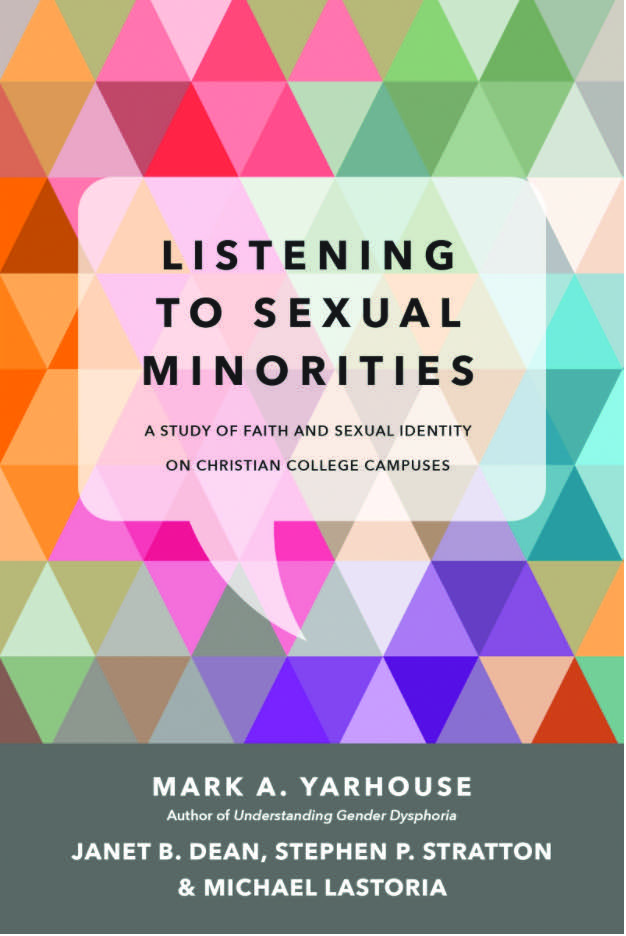by Madison Farrar, Staff Writer
Janet Dean (PhD, The Ohio State University), a licensed psychologist and associate professor of psychology, is a beloved long-time employee of Asbury University. In addition to teaching numerous courses, she mentors students, advises Asbury’s Psi Chi Honor Society and co-facilitates SEARCH, the annual undergraduate research symposium.
Along with her dedication to Asbury University, she has spent the last 12 years doing extensive research on a topic relevant to students on Christian college campuses worldwide. With a team of esteemed colleagues from other private Christian institutions, Dean has completed a study to be released as a book in April 2018.
“Listening to Sexual Minorities: A Study of Faith and Sexual Identity on Christian College Campuses” looks into the lives of students that experience LGBTQ+ identity or same-sex attraction on campuses like Asbury’s. With the intention of equipping the church to respond with greater wisdom and compassion, the book listens to students as they navigate their faith and their sexuality.
Pairing both quantitative and qualitative data, the book includes research that is unprecedented. The researchers sought real stories of students, using the students’ own words to come to surprising conclusions about life on campus and personal development after graduation.
“This book is our gift back to students [who] were brave enough to share their stories,” Dean said. “Our hope is that this book will contribute to a greater sense of community and hope for these students, as well as positive changes in the subculture of these faith-based schools.”
When asked if she would recommend the book to Asbury students she said, “Most Asbury students know someone who identifies as a sexual minority and many of them have questions about how to relate to their friend or family member. In our book, they will see that many of our Christian sexual minority students are committed to finding a way to hold their faith and sexual identities together, but how that might be done is much more varied than either the church or the LGBTQ+ community often promotes.”
In today’s world, sexuality and the church can be a very theologically and politically charged discussion. This research does not wish to enter into either of those areas.
“The text is not proposing the ‘right’ answers in terms of ideology or morality,” Dean said. “This is, at its heart [and] despite all the data, a relational text. Our goal was to enter in and share the stories of these students, gleaning any insights into how we could walk with them in the future.”
Dean believes that this information is extremely relevant to the Asbury student. “We have wonderful students on this campus who identify as Christian sexual minorities and too often feel unseen, unheard and unloved. As Christians, we are called to live in community, walk with one another, share each other’s burdens and build one another up, sharing love and grace, as well as truth and accountability, so that we all may be formed even more into the image of Christ.”


